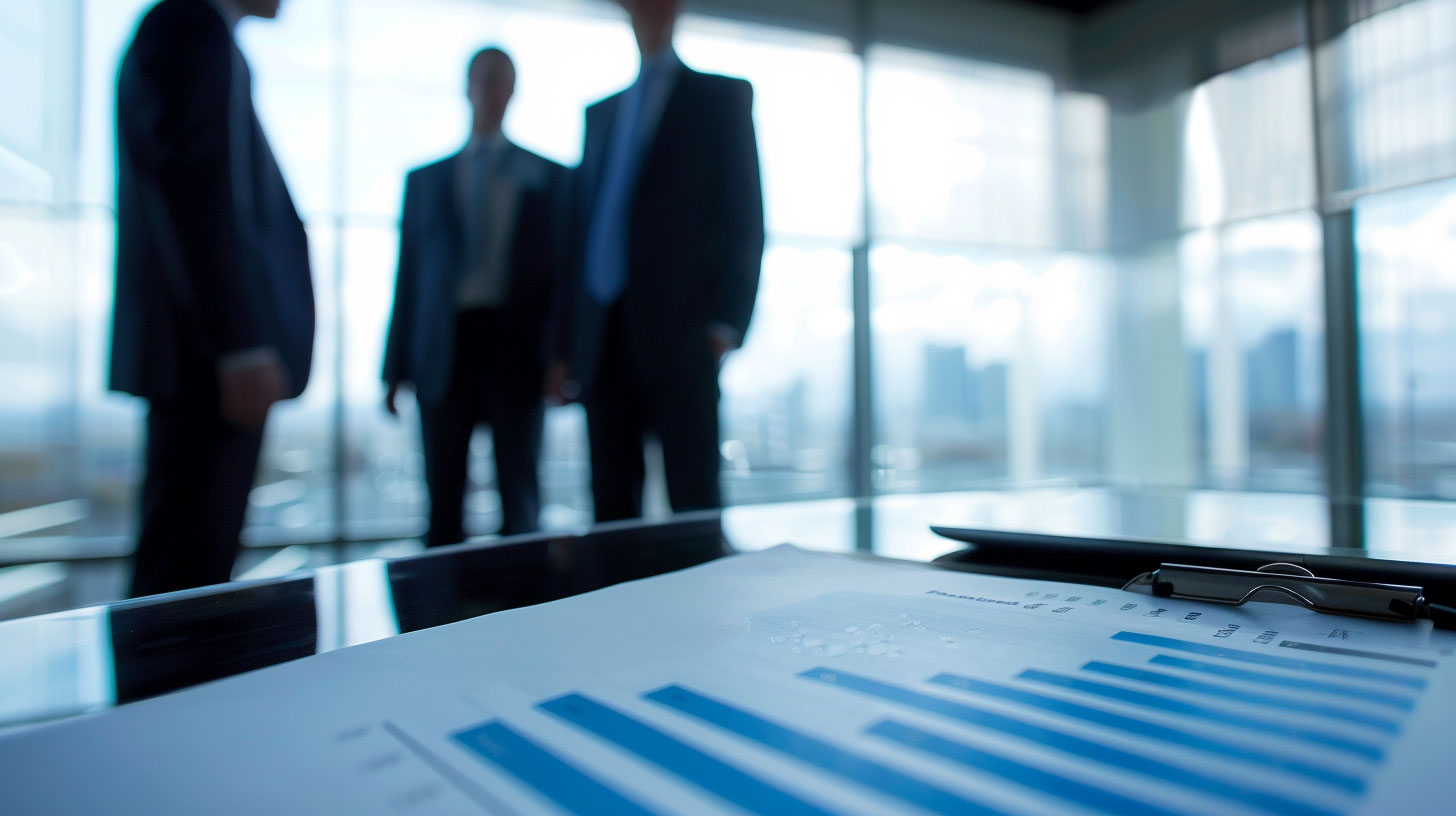Brunei Darussalam, a small, resource-rich nation located on the island of Borneo in Southeast Asia, is widely known for its substantial oil and gas reserves. While these resources have powered its economy for decades, the modern era presents a critical need for economic diversification. Recognizing that reliance on hydrocarbons is unsustainable in the long term, Brunei is taking bold steps to broaden its economic base and secure a prosperous future for its citizens.
The Muda nation, officially known as Negara Brunei Darussalam, has long enjoyed stable and robust economic growth fueled by oil and natural gas exports. These sectors contribute significantly to the country’s GDP and government revenues, enabling the Sultanate to offer a high standard of living, generous social benefits, and tax-free income for its residents.
However, with fluctuating global oil prices and the inevitability of depleting reserves, Brunei’s leadership has wisely understood the importance of diversification. In light of this, several initiatives and strategies have been launched, targeting various non-oil sectors.
Firstly, the Vision 2035 initiative serves as a cornerstone of Brunei’s long-term strategy for diversification. Officially named the Brunei Vision 2035 (also known as Wawasan Brunei 2035), it aims to transform the country into a dynamic and sustainable economy, noted for its educated and highly skilled workforce as well as its high quality of life. The vision encompasses multiple pillars, such as people development, economic competitiveness, and real quality of life, all geared towards a thriving diversified economy.
In pursuit of these goals, the government has identified several core economic sectors with strong potential. Among them is the halal industry, leveraging Brunei’s Islamic heritage and stringent adherence to halal standards to capture a broader slice of the global halal market. Halal food production, pharmaceuticals, cosmetics, and logistics are areas of focus within this sector.
Another significant area of opportunity lies in the financial services sector. Brunei has initiated policies to become a regional Islamic financial hub, capitalizing on its stable political environment and strategic location. Efforts to enhance financial regulations and blueprints tailored for developing Islamic finance have been put in place to attract foreign investors and diversify revenue streams.
Moreover, the tourism industry offers fruitful avenues for diversification. Despite being relatively underdeveloped, Brunei’s unique cultural heritage, lush rainforests, and pristine beaches can attract tourists seeking niche and eco-tourism experiences. Initiatives to improve tourism infrastructure, streamline visa processes, and market Brunei’s unique offerings internationally have been stepped up.
The information and communication technology (ICT) sector is also seen as pivotal for future growth. By nurturing a burgeoning startup ecosystem, investing in digital infrastructure, and encouraging innovation and research, Brunei aims to position itself within the knowledge economy. Projects such as the Digital Economy Council and initiatives focused on ICT literacy underscore this commitment.
Agriculture and fisheries also present traditional yet promising sectors for diversification. With a strategic focus on food security and sustainability, Brunei is investing in modern farming techniques and sustainable fishing practices. This ensures not only self-sufficiency but also opportunities for export.
Another dimension is the development of entrepreneurship and small and medium enterprises (SMEs), considered the backbone of any diversified economy. The government provides various incentives, training, and financial support to encourage local entrepreneurial ventures, creating a vibrant SME landscape.
Brunei’s journey towards economic diversification is rife with challenges, including the adaptation of its workforce to new industries and fostering innovation. However, with the government’s strategic foresight, robust policy frameworks, and a commitment to sustainable development, Brunei is poised to gradually but steadily reduce its economic dependence on hydrocarbons and secure a resilient and diverse economic future.
In conclusion, Brunei Darussalam’s proactive efforts in diversifying its economy reflect a deep understanding of the complexities of global economic dynamics and an unwavering commitment to ensuring the long-term prosperity of the nation. As Wawasan Brunei 2035 continues to guide the country, Brunei’s citizens, businesses, and government are collectively charting a path towards a sustainable and diversified economic landscape.
Suggested Related Links:
